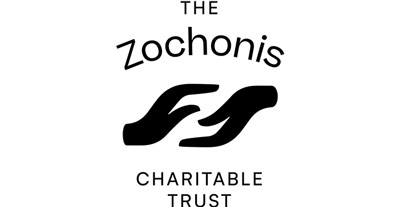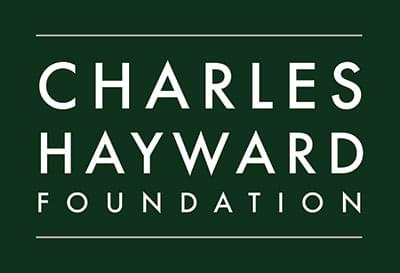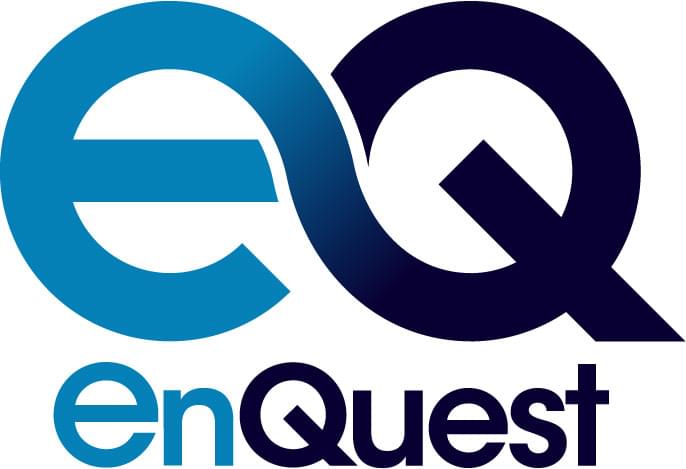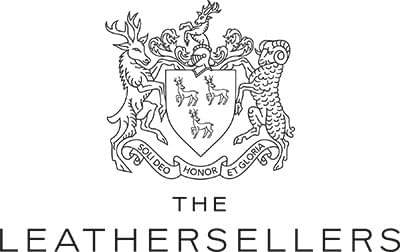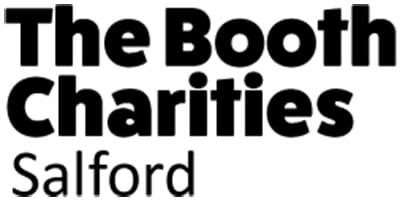Familial sexual abuse refers to sexual abuse that occurs within the family environment. Abuse may involve relatives, or others (such as carers or a parent’s partner) who feel like family from the individual’s point of view. This happens predominantly in childhood, but not limited to that time.
The family environment is a common context in which sexual abuse occurs, it accounts for almost half of all child sexual abuse offences reported to the police in England and Wales.
With the family environment abuse can be committed by adults and young people of all genders.
Family members can be involved in the production and distribution of child sexual abuse material (such as images or videos), in child sexual exploitation, and in the organised abuse of children by multiple abusers.
Familial sexual abuse can occur in combination with other forms of physical or emotional abuse or neglect, and there is evidence of close relationships between sexual abuse and domestic violence.
Child sexual abuse in the family often starts at a younger age than extra-familial abuse and may go on for many years. Abuse by a family member, particularly a parent or carer, may be especially traumatic because of the betrayal, stigma, and secrecy it involves. As children depend on their primary care giver for safety, their abuse can deepen the impact trauma.
For those who are abused, it has been linked to poor physical and mental health, lower income, relationship difficulties and re-victimisation across the life course.
Much of the sexual abuse in the family remains unidentified. Individuals may be afraid of their abuser(s) or not want them to get into trouble; they may believe the abuse was ‘their fault’, fear what might happen to their family if they tell, or not recognise their experience as abuse.
Individuals with physical and learning disabilities, and people from some minority ethnic communities, may face additional barriers to seeking help.
If this resonates for you or someone you know, reach out to us or your local service, a link to a directory is here.










